What is the healing power of music? Music can soothe, relieve, and restore body and mind. But how does music heal? Can anyone benefit? Check out these ways.

Healing Power of Music: How It Helps You Heal
Research backs the extraordinary healing power of music. There are many physical and mental health benefits of music and its ability to heal. Furthermore, enjoying music while healing in several ways:
- Singing
- Dancing
- Listening
- Humming in the shower
- Meditating
- Falling asleep
- Getting a massage
- Benefitting from music therapy
“Music produces a kind of pleasure which human nature cannot do without.”
Confucius

Healing Power of Music Therapy
Music therapy can be a powerful way to process emotions and restore calm. This is especially true when someone experiences psychological pain, including anxiety, depression, trauma, PTSD, addiction, or grief. A board-certified or licensed music therapist uses one or more of the following:
- Lyric Analysis. This is a less threatening way for distressed individuals to process their experiences, emotions, and thoughts. In this musical intervention, the therapist encourages you to talk about your insights, offer alternative lyrics, or discuss themes that can apply to your life. Songs you feel deeply connected to work well during treatment.
- Active Music Listening. Therapists use music to regulate mood. The repetition and rhythm of music stimulate the brain’s neocortex. This helps calm you and reduces impulsivity. People often play music to match their mood, which can be helpful.
- But this can keep you stuck in an anxious, angry, or depressive state. The therapist can alter your mood states by playing music to match your current mood and gradually shift to a more calm or positive state.
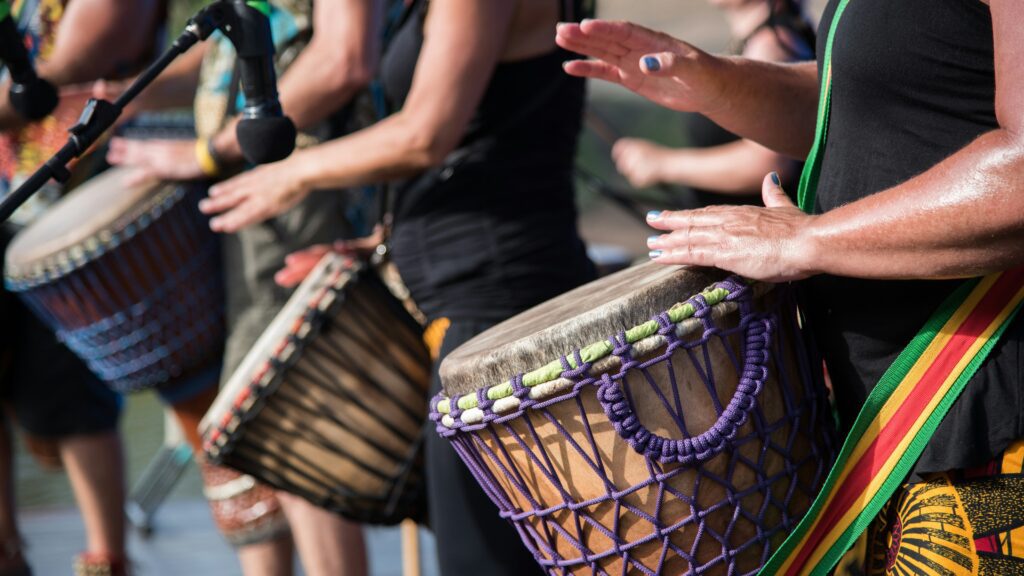
- Songwriting. During this music intervention, you create your lyrics. This promotes the positive, rewarding expression of thoughts and experiences. You also select the instruments to reflect the emotion of the lyrics. The healing power of music therapy helps build self-worth and instill a sense of pride.
- Improvisation Music Playing. During group music therapy, individuals play various instruments, such as drums, thunder tubes, and rain sticks. This promotes socialization, emotional expression, and exploring therapy themes (such as anger, communication, conflict, and grief).
- For example, the group’s music may simulate a storm. This helps correlate the feelings they have during the music. They then can discuss these feelings.
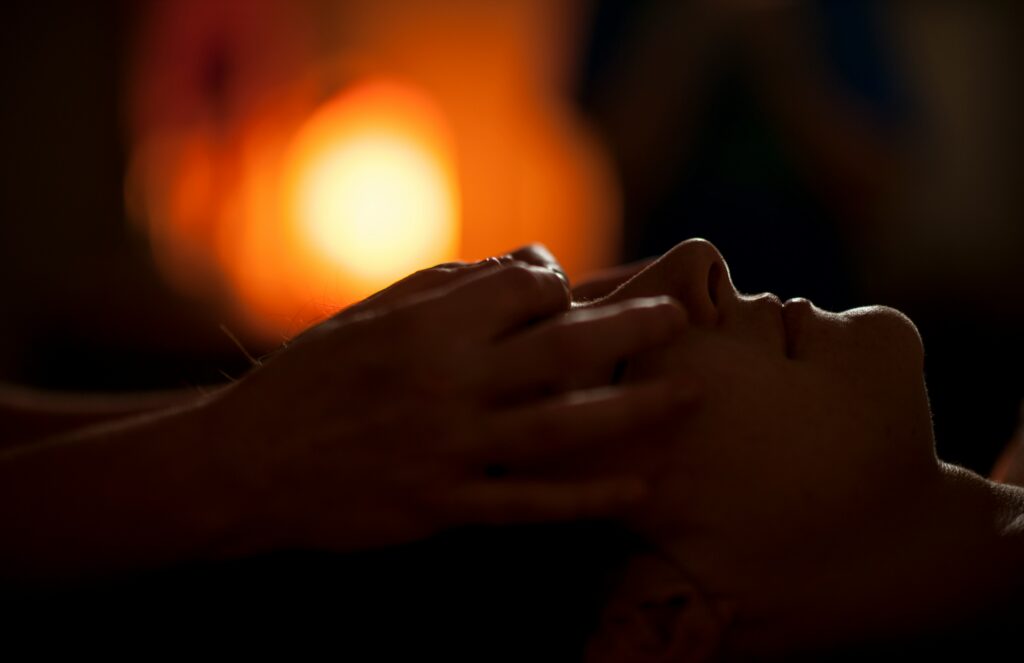
How Music Relieves Stress
When you experience stress, listening to your favorite songs can make you feel better. Researchers believe that relaxing music helps reduce stress by lowering cortisol, the hormone released during stress.
- Another way music reduces stress is its effect on your pulse, blood pressure, body temperature, and heart rate. This effect depends on the type of music.
- For example, stimulating music increases heart rate while relaxing music decreases it. Faster tempo music increases heart rate, blood pressure, and breathing, while slower music and pauses lower them.
- Playing soft music during massage helps lower stress.

Healing Power of Music to Reduce Depression and Anxiety
Music promotes dopamine production in the brain, a mood-boosting chemical. Music therapy and primary treatment (counseling, medication) are essential.
- Music therapy helps reduce the symptoms of depression and anxiety. This improves your blood pressure and can enhance your cognitive ability.
- In college students with depression, music therapy provides emotional regulation and catharsis. This may help college students manage their depression.
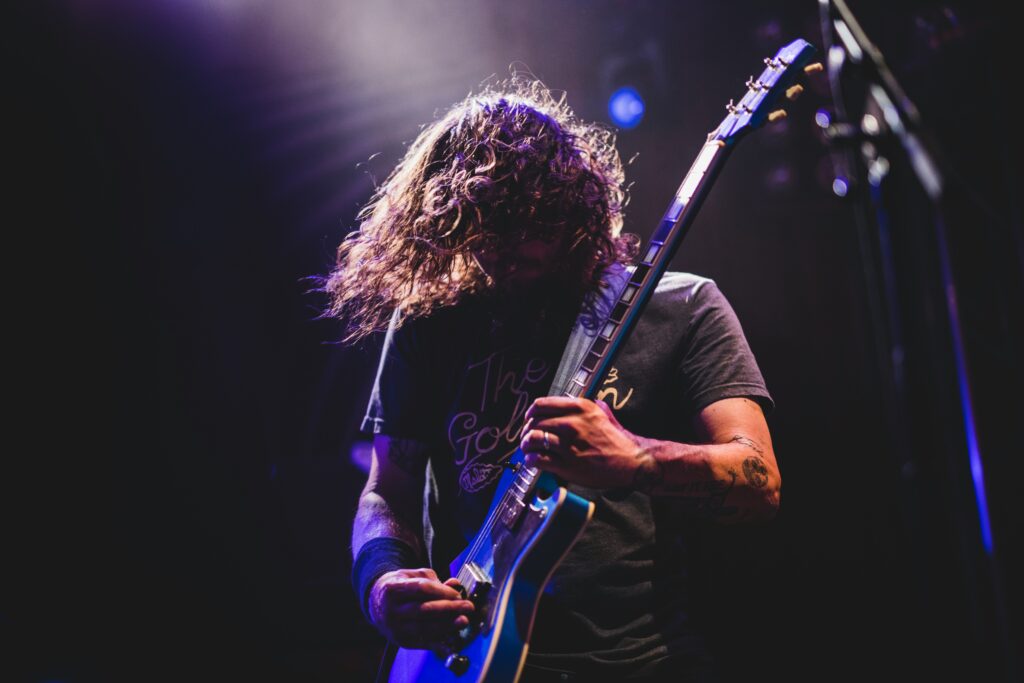
How Music Helps Heal Trauma, Build Resilience
Music therapy is a safe, supportive exercise for those healing from trauma. Furthermore, music helps build resilience while reducing anxiety. The therapy also improves everyday functioning. Music therapy benefits are evident in group singing, drumming circles, and songwriting.
- Music therapy promotes self-reflection, encourages emotional release, and creates a sense of community.
- The healing power of music can help improve symptoms and functioning in those exposed to trauma and experiencing PTSD.
- Music may help build resilience and engage people struggling with stigma (perceived or actual) over getting professional treatment.
Get Pain Relief Through Music
How can listening to music help you heal? Music’s ability to restore calm is well-known. Calmness can help you be less anxious or fixated on pain. That’s important when you have a medical or dental procedure, experience chronic pain, or acute pain following an injury.
- Research on the healing power of music shows it can be therapeutic before, during, and after surgery.
- In those with chronic pain, music showed significant results in reducing pain and striking improvement by replacing roughly two-thirds of pain medication.
Healing Power of Music for Overall Well-Being
Active and passive music participation offer positive rewards that benefit overall well-being.
“Life seems to go on without effort when I am filled with music.”
George Eliot
- Music stimulates motivation, arousal, reward, and pleasure. This reduces anxiety and stress, improves sociability, and boosts the immune system.
- Both passive and active music improve motor coordination and balance, increase group physical exercise therapy participation, and boost executive functioning.
- Community music participation helps combat loneliness and isolation and improves depression and mental health. This is especially true in older adults.
- Music training increases life satisfaction, happiness, and overall well-being.
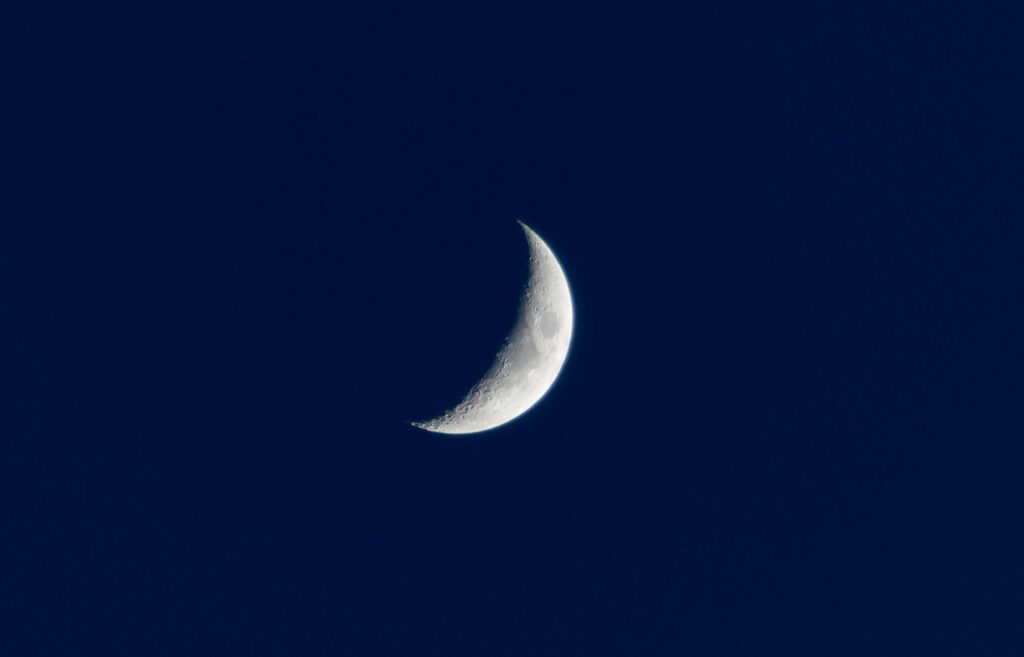
Music Helps You Sleep Better and Heal
If you ever have trouble falling asleep, the soothing sounds of music may help you drift off and dream. However, for anyone with severe sleep loss, interrupted sleep, nightmares, and fitful sleep, music may be crucial to help restore a regular sleep routine.
Furthermore, when you regularly sleep through the night, your body and mind are better able to heal.
“Sleep is the golden chain that ties health and our bodies together.”
Thomas Dekker
What Science Says
A growing body of research points to music’s ability to induce and maintain sleep for those experiencing occasional insomnia. Daily music use may improve their overall quality of sleep.
However, the music’s genre, tempo, and beat may have more to do with its ability to promote sleep. Slow, quiet music may be better for sleep than other types. Classical music and rock are the most frequent music choices before sleep.
Why People Use Music to Aid Sleep
Most people have music playing to help them fall asleep quicker. Other reasons you might choose music to help you sleep include:
- You spend less time in bed before you fall asleep.
- Music increases sleep quality and satisfaction.
- You can relax mentally.
- Music takes your mind off daily stress.
- It’s easier for your body to relax when music is playing.
Healing Power of Music: Does It Help with Cognitive Function?
According to research, music’s ability to aid cognitive function depends partly on a person’s personality. Those who are quickly bored and need constant stimulation may find music distracting. They’re unable to remain engaged in a cognitive function, such as a test.
However, someone who doesn’t need much external stimulation may improve their mental performance with background music.
Complexity Increases Arousal
The Yerkes-Dodson law suggests that optimal performance results from moderate arousal. With complex or lyrical music, arousal increases.
- If you have a low stimulation need, doing an easy task, the right music, such as instrumental, may improve cognitive function.
- However, if you have a high stimulation need, music may work against your best thinking.
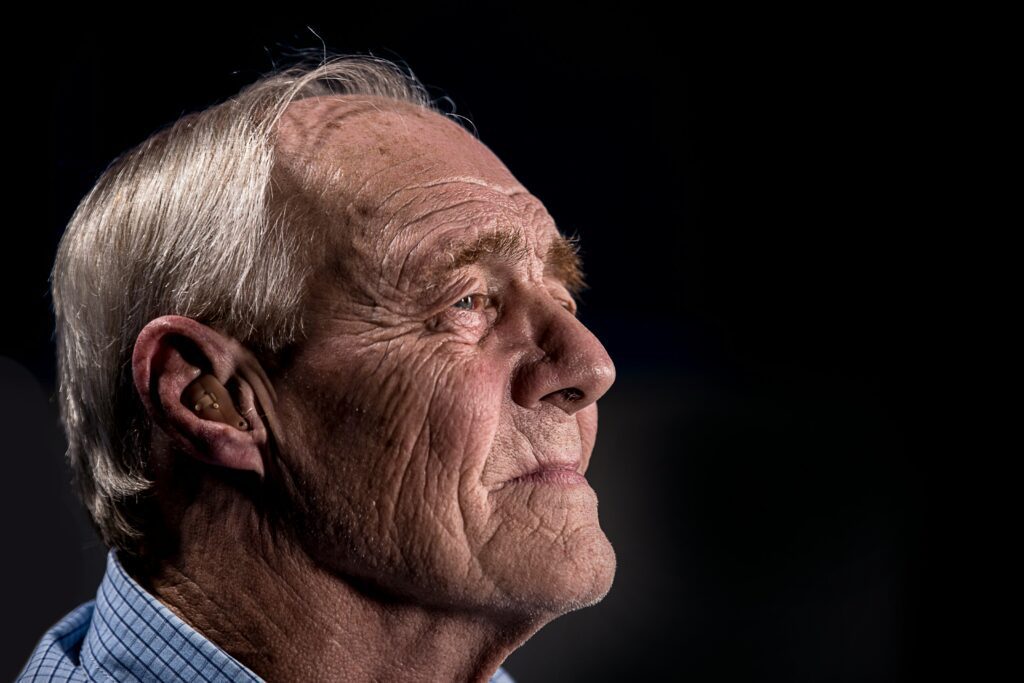
Music May Help Slow Cognitive Decline of Alzheimer’s
Alzheimer’s Disease causes progressive cognitive impairment and many symptoms. Currently, there is no cure. Unfortunately, the number of people living with dementia worldwide is expected to increase to 153 million in 2050 (from 57 million in 2019). Therefore, finding non-medical treatments is critical.
- Music therapy, diet, and physical exercise help prevent and relieve Alzheimer’s symptoms.
- Music is low-cost and improves cognition in those diagnosed with Alzheimer’s.





